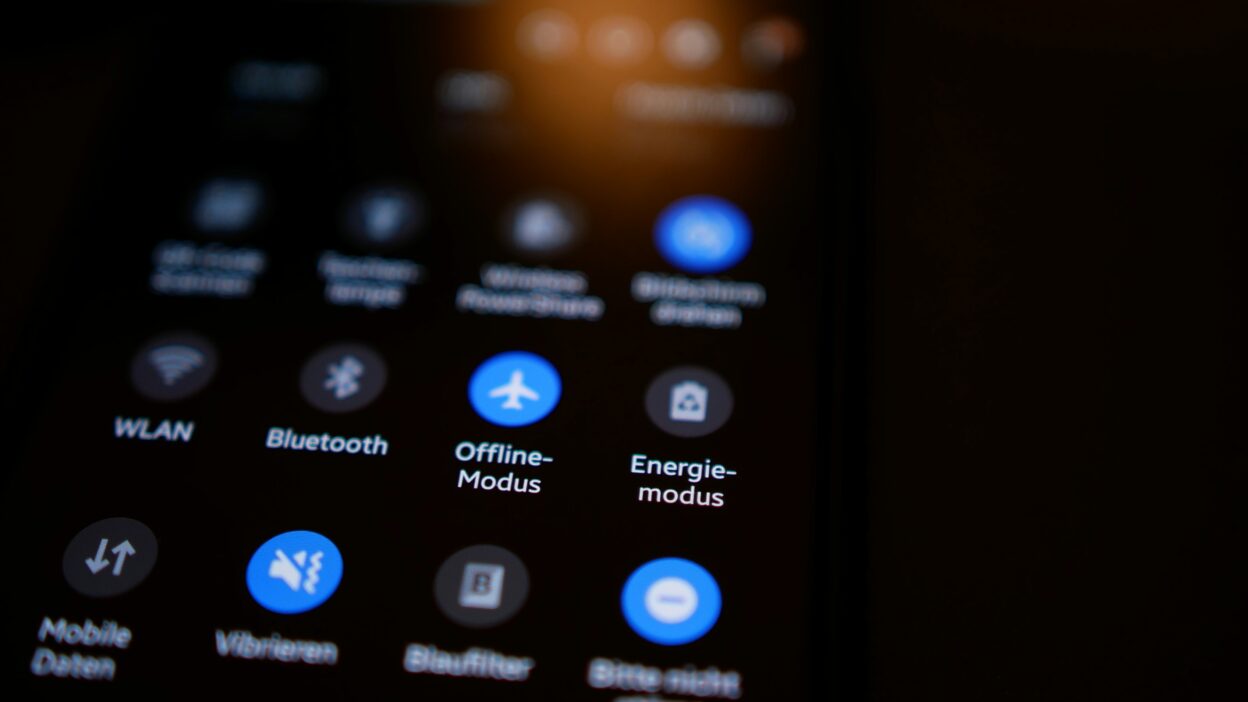Anything can happen in the hotel industry - breakdowns, delays, changes to bookings. But one situation can be particularly nerve-wracking: a lack of internet at peak occupancy.
For venues that operate with a full booking calendar, any such case can be a challenge. Therefore, in mobile-calendar we have developed a feature that allows you to continue working even if the network fails - offline mode.
🌧️ Internet failure over the long weekend - a story from the life of the facility
One of our clients - a guesthouse on the Baltic Sea with 50 rooms - was preparing for the long May weekend.
Busy 90% rooms, guests from all over Poland, some groups, some families with children. Reception had a tight schedule: check-in, clearing of advance payments, issuing room cards, preparing cleaning.
On Friday afternoon, just before the first arrivals were due to arrive, something happened that no one had predicted - the following. the internet provider had a breakdown.
🔍 mobile-calendar still worked - even without the network
Fortunately, the team used the app mobile-calendarwhich also operates offline.
Although the connection to the network was severed, employees were still able to open the app and check all calendar data:
- list today's arrivals and departures,
- booking details - name, length of stay, notes,
- information about it, which rooms are occupied and which are free,
- payment and advance status.
This was enough to serve guests without stress or confusion.
The receptionist was able to check each booking without having to log in online - everything was already stored locally on the device.
🧩 Why can't bookings be added offline
Some people ask: if you can preview everything, why can't you add a new booking without the internet?
This is a deliberate and conscious security. Mobile-calendar automatically synchronises data with external sales channels, such as Booking.com, Expedia or Travelist.
Adding offline bookings could introduce risks overbooking - i.e. double booking of the same room.
Therefore, in offline mode, the application allows for a complete overview of the data, but blocks the ability to add or edit bookings until the network is reconnected.
This ensures that when the internet resumes, everything synchronises correctly and without conflicts.
🔄 When the internet came back - the system synchronised itself
After a few hours, the internet provider fixed the outage.
When the connection was restored, mobile-calendar automatically connected to the server, downloading all new data from sales channels.
The reception team did not have to do anything - the system itself checked and updated the booking calendar.
There was no confusion, no lost information.
As a result, the guesthouse was able to quietly serve guests throughout the weekend, despite the fact that most competing facilities in the area were struggling with information chaos.
🚀 Why this sets mobile-calendar apart from other booking systems
Most PMSs and booking calendars operate exclusively online.
When there is no internet - there is no access to data. Meanwhile, the mobile-calendar has been developed for facility owners who need to reliability under all conditions - in the mountains, at the seaside, in an agro-tourism or guesthouse away from the city. Offline access to the booking calendar is a real advantage and a guarantee that your work will not stop even if the infrastructure fails.
Z mobile-calendar Your calendar always works - with or without internet.
Because in hospitality, it's not just convenience that counts, but also reliability. 💪




